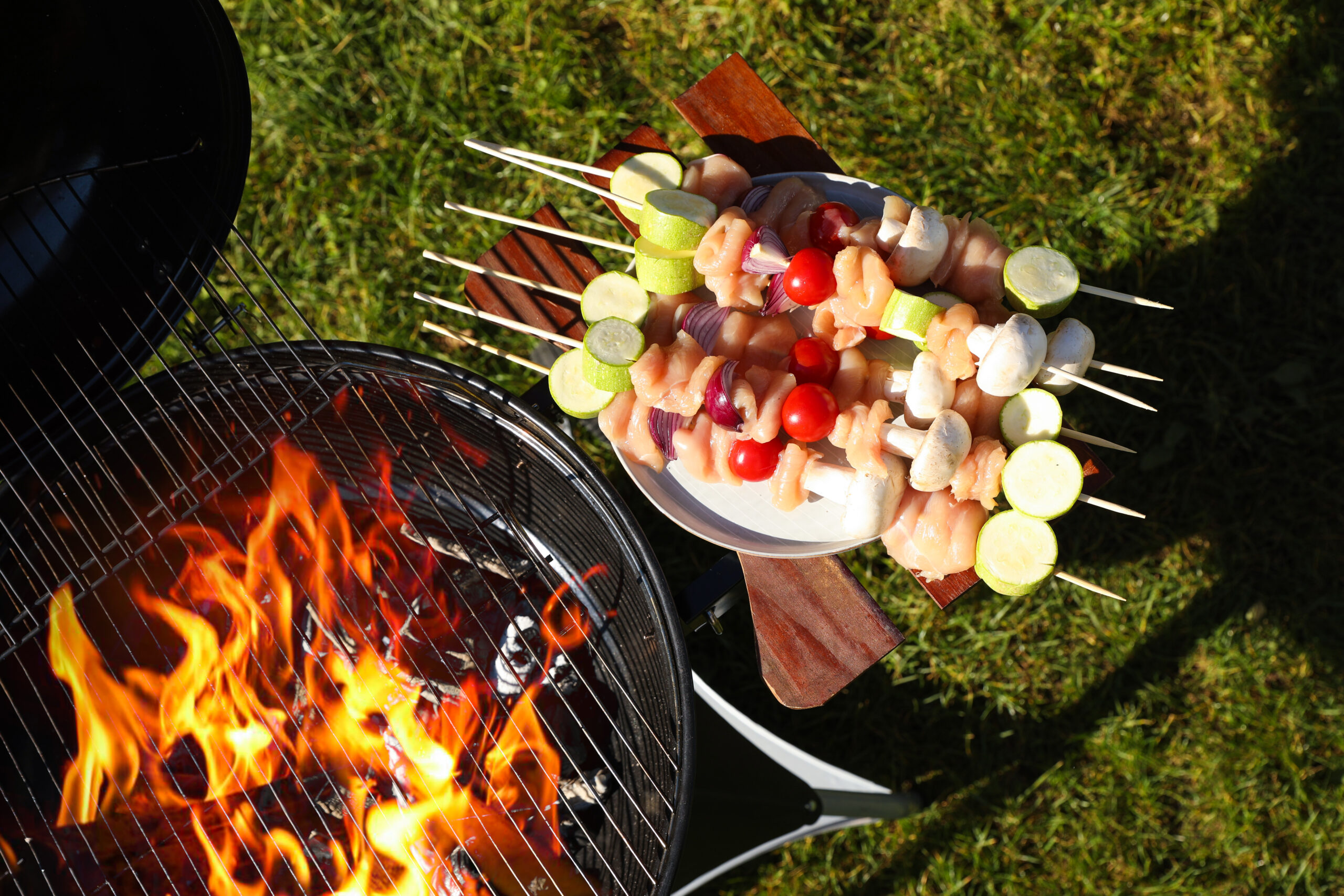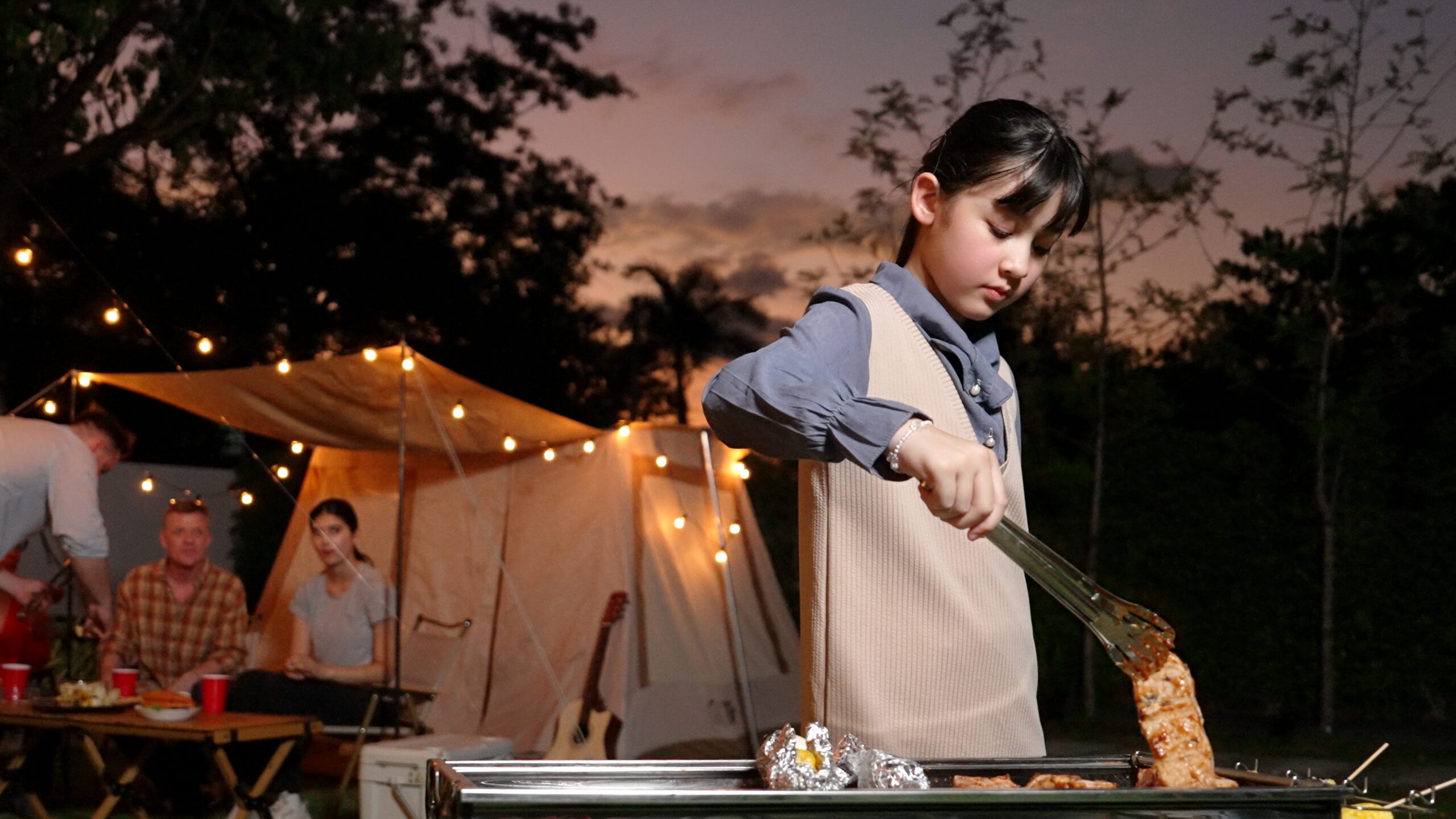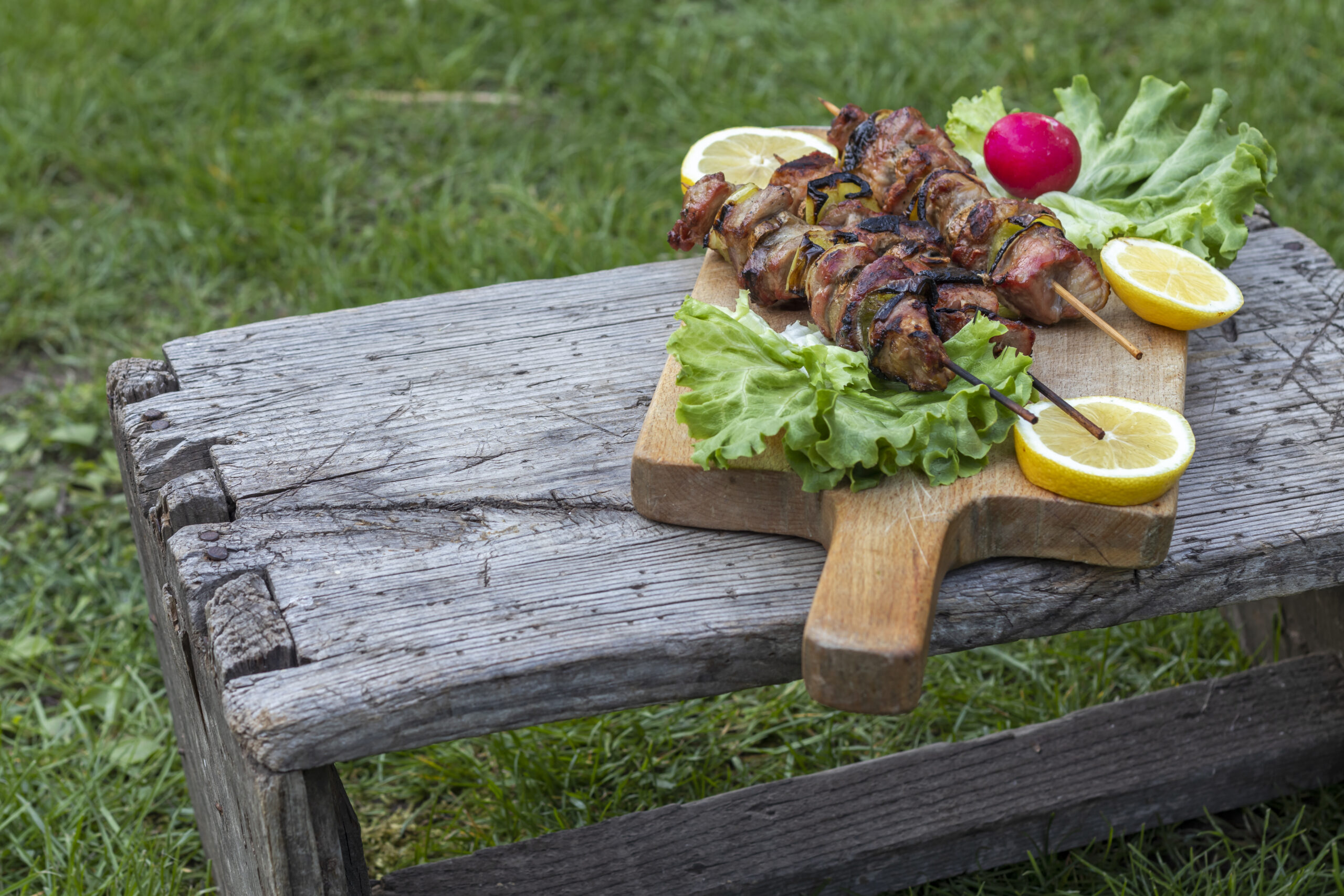Going into the wilderness doesn’t mean giving up a healthy camping diet. More outdoor lovers are finding ways to stay healthy while enjoying nature. Those who live in campervans have come up with special recipes that are both healthy and tasty.
Salt-free recipes are key for camp food, especially when you have limited tools and ingredients. Vegetarian dishes like One Pot Veggie Couscous and Simple Shakshuka are popular. These meals avoid processed foods full of salt and preservatives.
Making healthy meals easy is crucial for campervan dwellers. These meals save money and follow health guidelines from the U.S. Department of Agriculture (USDA). They are rich in proteins and complex carbs, perfect for hiking or biking.
About 70% of the recipes are quick to make, showing that campers value time over cooking. Even with simple cooking gear, 80% of meals are cooked over an open flame. This adds a special flavor that makes every meal unforgettable.
Embracing Healthy Outdoor Cooking Without the Salt
As adventurers look for healthy camping diet options, they focus on low sodium camping meals. They choose salt-free outdoor recipes to support heart health and natural ingredients. Foods like unsalted peanut butter and dark chocolate are now common.
Meal prep strategies are changing too. Campers make DIY dehydrated meals to control salt, sugar, and fat. They use olive oil and avoid high sodium foods for better flavor without health risks. Starting the day with barley-based cereals and powdered coconut milk is a nutritious choice.
For longer trips or simpler cooking, freeze-dried meals from Mountain House or AlpineAire are great. They’re low in sodium and save time, letting you enjoy nature more.
Books like “A Fork in the Trail” by Laurie March are great resources. They offer recipes that are tasty and healthy, teaching the importance of choosing wisely for low sodium camping meals.
Choosing salt-free outdoor recipes doesn’t mean missing out on flavor. Fresh ingredients and herbs can taste better than salty foods. As nutritional knowledge grows, campers make better choices for healthy and tasty meals outdoors.
The Basics of Nutritional Planning for Campsite Meals
Going on outdoor adventures means you need to plan your meals carefully. You want them to be tasty and also give you the energy to enjoy your day. It’s important to include heart-healthy camp food to meet the needs of camping activities.
Meals should have lots of proteins and carbs to keep your energy up. This way, you can stay active and have fun all day long.
Using tools like the USDA’s MyPlate can help with salt-free outdoor recipes. It guides you in making meals that include all the major food groups. This ensures your meals are balanced and filling.
For example, adding plant-based proteins like lentils to dishes makes them healthier. A great dish is Vegetable Lentil Soup, which is both filling and simple to make, even with limited resources.
Breakfast is key to starting your day off right. Options like oatmeal are versatile and can be made in many healthy ways. They show that you can have tasty and healthy meals without sacrificing convenience.
For more tips on no-cook meals perfect for camping, these suggestions can make your trip even better.
Good planning and using healthy ingredients make camping trips more enjoyable. By following these tips, you can make sure every meal boosts your health and energy. This way, every meal is a step towards a great outdoor adventure.
Natural Seasoning Alternatives: Flavorful Herbs and Spices for Campfire Cooking
Exploring the outdoors doesn’t mean you have to give up on tasty meals. By using natural seasoning alternatives, you can make heart-healthy camp food that’s both delicious and good for you. These flavorful herbs and spices not only make your food taste better but also have health benefits. They’re great for campers who care about their health.
Try using herbs like rosemary, thyme, or garlic instead of salt for stews and grilled fish. This gives your food a deep, complex flavor without the salt. Spices like black pepper or paprika can be used on roasted veggies or in marinades to boost flavors naturally. These options are good for those who watch their sodium intake and add a fun twist to camp meals.
Using natural seasoning alternatives lets you get creative with your cooking. You can mix and match different herbs and spices based on what you have. This is key for outdoor cooking, where you might not have all the ingredients you want. But with these options, you can still make meals that are full of flavor and good for your heart.
Low Sodium Camping Meals: Creative Recipes for a Healthier Campfire Experience
Changing the way we eat at the campfire with low sodium meals is key to a healthy diet. Our 22 camping recipes show that you can have great taste without salt. We have 12 main dishes, like veggie kebabs and grilled vegetables, that are both tasty and healthy.
Starting the day with a nutritious meal is easy with our 4 breakfast recipes. From johnnycakes to oatmeal cakes, they’re full of fiber. Snacks like energy bites and bars keep you going between meals. And for dessert, we have grilled peaches with no added sugars.
Our recipes don’t skimp on flavor or variety. We use high-quality ingredients like Grass-Fed Beef and Pasture Raised Turkey. Plus, with a 15% discount on Paleovalley orders, you can eat well without breaking the bank. We also share tips, like freezing water for cooling, to make sure every meal is delicious.







